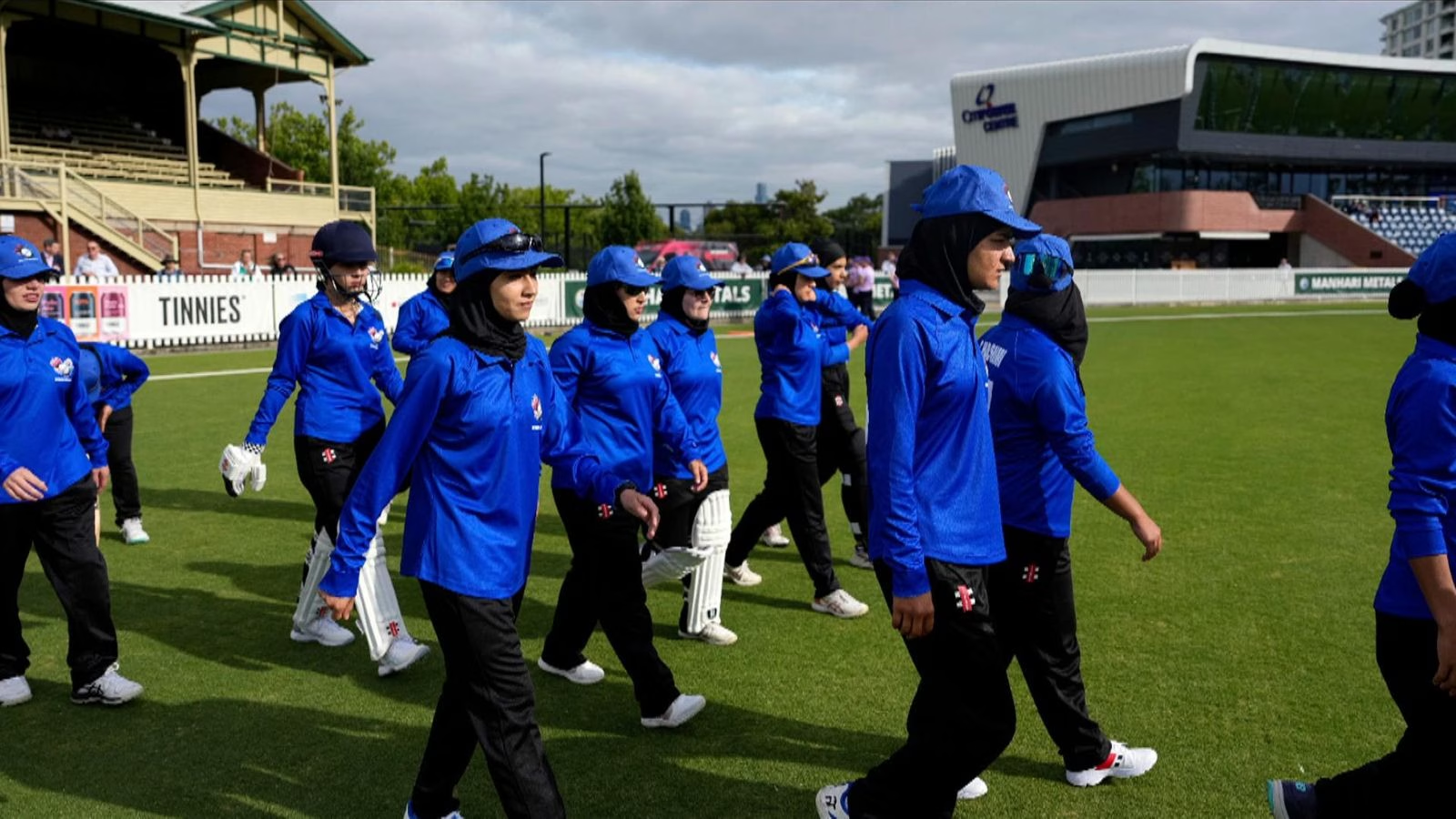As the world approaches International Women’s Day, it’s important to reflect on the ongoing plight of millions of Afghan women and girls whose basic human rights continue to be denied under the reign of the Taliban. Even though Afghanistan may not dominate the headlines as it once did, the disturbing reality faced by its women and girls should continue to weigh heavily on the global conscience.
In the last three and a half years since the Taliban regained control, the rights and freedoms of Afghan women and girls have been drastically and ruthlessly stripped away. Such a sudden and severe erosion of freedoms for women and girls is unprecedented in the 21st century.
Images of women’s faces sprayed out on the streets of Afghanistan are stark reminders of a) the previous levels of freedom and (b) those now lost. The horror of their reality is such that even simple pleasures like visiting public parks, gyms, or engaging in sports have been banned. The women’s crickets teams, among those hardest hit, include players who were forced to flee their homeland and now fight for silent recognition as refugees from ICC.
Some of these brave athletes recount their desperate escape to Australia, the difficulty of integrating, and the burning of their medals and certificates — symbols of the lives they once led. Here, in their new country, the desire to compete on the world stage and bring attention to others’ suffering burns brightly.
Paradoxically, Afghanistan’s men’s team remains a full ICC member, with privileges to play in international tournaments — a cruel inequity that the women are determined to rectify.
Crashingly aware of the challenges posed by such mistreatment, the women are almost united in their calls for the ICC to stand in support of them and their right to participate in cricket, their ultimate ambition to gain visibility and strength in numbers. Knots of their escapades and victories are also marked by harrowing testimonies of their harrowing exodus, including those who fled at a young age, battling a myriad of safety issues and asylum hurdles before reaching safer shores.
Imagine needing to erase one’s own achievements — for these women, treasured mementos from before tyranny retook their country were reduced to ashes. Unless the ICC acknowledges their struggle and grants them official refugee status, these athletes will continue to play in the shadows, silenced while representing their nation’s flag in spirit alone.
Through their resilience, the team hopes to act as a voice for the millions of Afghan women and girls who have been erased from public life and oppressed. In essence, all they seek is equality and the right to compete which, as Benafsha hashmi points out, they deserve better.
Sky News sought comments from ICC but, tellingly, received none. The plight of the female Afghan population — as symbolically captured by the crickets team’s fight for international recognition — must resonate far beyond the borders of Afghanistan. Only then could support and potential change, back these unsung heroines determined to break through adversity and the glass ceiling imposed by the Taliban.
Source: https://news.sky.com/story/leaving-afghanistan-teen-cricketer-had-to-burn-medals-now-she-wants-right-to-play-for-country-13323128







